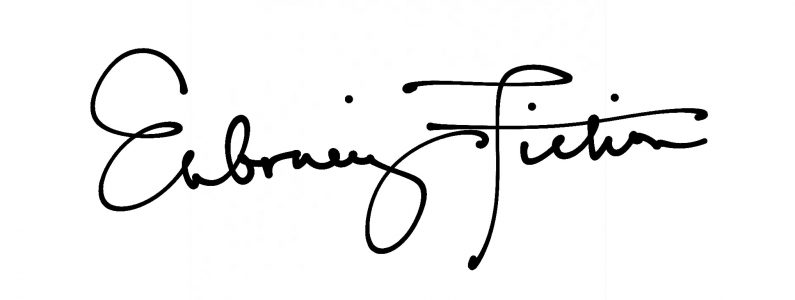
It’s dark. I’ll tell you that upfront.
So if you aren’t up for the heavy, skip it. But if you are for the deep and beautiful, then by all means, go for it. It’s on Youtube. All legal and free.
Woven around time, Where the Lost Ones Go is a story carefully crafted from structure to messaging, hammering home those feelings it builds up to linger even after the final episode. It still had the typical Cdrama elements (read: big group of friends with their own side stories) but it went the extra mile, beyond that cute couple formula.
Where the Lost Ones Go stood out for me because of its overall cohesiveness. Unlike several mainland Chinese dramas in the modern romance genre, its appeal and its anchor to the audience go beyond the main couple and all the giddiness they bring. It is in its storytelling, its messaging, and its boldness to conclude it in the way it did.
Storytelling — It. Was. Perfect. Honestly, diving in, my expectations weren’t exactly high, leveled by my recent urban Cdrama precedents. But this one surprised me. Fittingly and amazingly thought of, Where the Lost Ones Go unfolded its story by wielding the element of time. Each episode was told from the view of the female lead in the present, then would come a trigger to look backwards into fragments of the past, then would return to the present. This format paved way for the see-saw of emotions in each episode, always circling back to the nagging black hole, the big why of the story: Why did he suddenly disappear?
The drama would bring the audience to back to yesteryears — how their love started and progressed, how everything went through time, inching closer and closer what really happened but never really reaching.
Until the climax. And the past meets the present.
The question answered. New issues uncovered. Issues resolved.
And they move forward.
It was a very refreshing structure, a gem I rarely find in popular dramas these days.
Messaging — The drama ran deep. As with the storytelling, time was a pivotal element in this aspect as it talked about the duality of love and fear: how to possibly love in the midst of passing time, in the face of our fear of change that which time inevitably brings.
“Time made people change but in that process, we grew up. So we must not be afraid of changing. Instead, we must be grateful for it because we were able to learn more about ourselves and we became better people. And through time, we also learned how to truly love.
…I found out that love means not having to be together each second but helping us become better people.
…Thank you for helping me discover what real love means.”
Conclusion — So yes, it didn’t end quite the way you expect typical urban romance Cdramas to end. It was above such stereotype. It did not exactly have the usual ‘happy ending’ but for me, it did have the most apt and proper conclusion. It was a non-ending that gave justice to the main characters for who they were, for the affection they shared, for the pains they nursed, for the hopes they held dear, and for who they had eventually become.
It ended with the alter-universe of their past selves. And began anew with the reality of the now-better them.
“Hi, Yezi. I am Xiang ZeYi.”
/20180802 – this is a waaaaay overdue post
